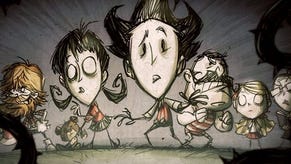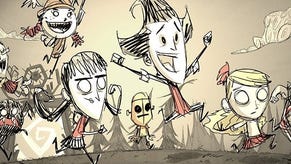Placebo response can alter your experience of games, scientists say
Don't sugar coat it.
A placebo response can make games seem more interesting or adaptive to the way you play, a new UK study suggests.

The medically-recognised phenomenon, which sees a person's experience change when given fake stimuli, has been observed in a new study that uses indie survival simulation Don't Starve.
Professor Paul Cairns from the University of York has led an investigation where two groups of players tested out the same game under different conditions.
The findings, published in New Scientist, suggest that participants who believed the game would be affected by their skill then observed the scenarios they were expecting (thanks, Gamasutra).
One group was told they would experience a Don't Starve map generated by an "adaptive AI" that would tweak the level to suit their skill.
Meanwhile, a control group was simply told the game's map would be procedurally generated (as is the case).
Both groups played exactly the same game code, but the first group reported noticeable changes when they expected them to exist.
Some participants claimed the "adaptive AI" had made the game more difficult, while others suggested it was safer.
A placebo response has also been noticed in boosting athlete's performance, and encouraging a faster recovery from illness. A common method of inducing the placebo effect is via the administration of sugar pills, or by listening to the music of Brian Molko.









